In the quest for optimal health and wellness, the importance of Coenzyme Q10 (CoQ10) cannot be overstated, highlighting the need for the best CoQ10 supplements. This vital nutrient plays a key role in energy production and offers significant antioxidant benefits, which are crucial for maintaining a healthy body. For those interested in the more active form, the best CoQ10 with ubiquinol supplements offer enhanced bioavailability.
Additionally, for individuals seeking a specific dosage, the best CoQ10 200mg supplements provide a balanced and effective option. For vegans, obtaining adequate CoQ10 can be challenging, as traditional sources are primarily animal-based. This comprehensive guide delves into the world of vegan CoQ10 supplements, particularly focusing on the best vegan CoQ10 supplement options, exploring their benefits, composition, and the differences from their non-vegan counterparts. Whether you're a long-time vegan or simply exploring plant-based supplements, understanding the nuances of vegan CoQ10 is essential for making informed choices about your health.
Is there a best vegan CoQ10 supplement?
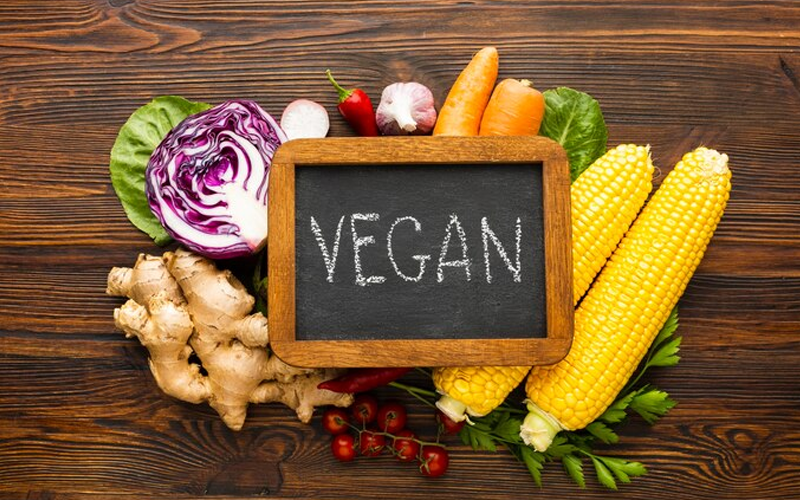
Yes, vegan CoQ10 supplements are increasingly available in the health and wellness market, catering to the growing demand from the vegan community. These supplements are distinct in that they are formulated without any animal-derived ingredients, aligning perfectly with the ethical and dietary principles of veganism. The typical source of CoQ10 in these supplements is through bacterial fermentation, a process that involves using specific strains of bacteria capable of producing CoQ10. This fermentation process is similar to how certain vitamins and amino acids are produced for supplement use.
The choice of bacterial fermentation is not only crucial for ensuring the vegan status of the supplement but also for the quality and purity of CoQ10. This method avoids the potential contaminants and ethical concerns associated with animal-derived CoQ10, which is often extracted from organ meats like heart and liver. By relying on controlled fermentation processes, manufacturers can produce high-grade CoQ10 that is bio-identical to the CoQ10 naturally occurring in the human body, ensuring high efficacy and compatibility.
Is CoQ10 good for vegans?
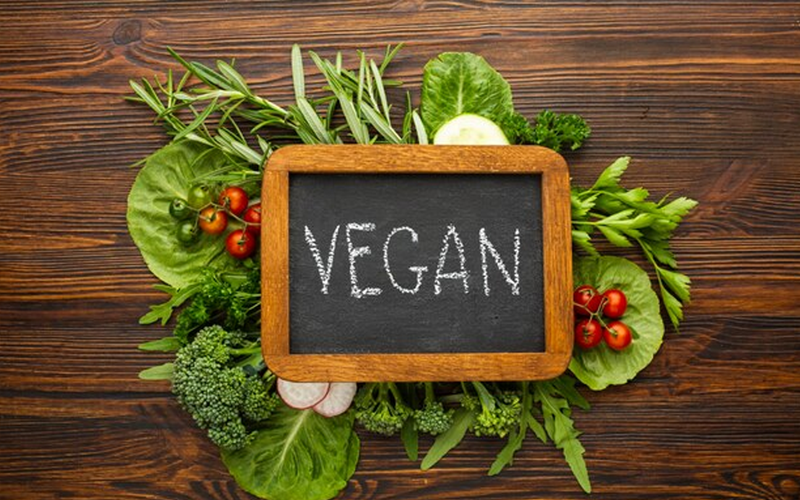
Coenzyme Q10, or CoQ10, is a fat-soluble substance that plays a critical role in cellular energy production and acts as a powerful antioxidant in the body. It is involved in the generation of adenosine triphosphate (ATP), which is the energy currency of cells. This makes it especially important for the health and functioning of high-energy demanding organs like the heart, liver, and kidneys.
For vegans, CoQ10 supplementation can be particularly beneficial. Vegan diets, while rich in many nutrients, can sometimes fall short in certain areas, particularly where certain nutrients are predominantly found in animal products. CoQ10 is one such nutrient. While it is present in some plant-based foods, the levels are generally much lower than those found in animal products. Therefore, supplementing with CoQ10 can help vegans ensure they are receiving enough of this vital compound.
Additionally, as an antioxidant, CoQ10 helps neutralize free radicals, which are harmful compounds that can damage cells and contribute to aging and various diseases. This antioxidant property further underscores the importance of CoQ10 in a vegan diet, as it supports overall health and wellness by protecting the body at a cellular level.
Ingredients in Vegan CoQ10 Supplement
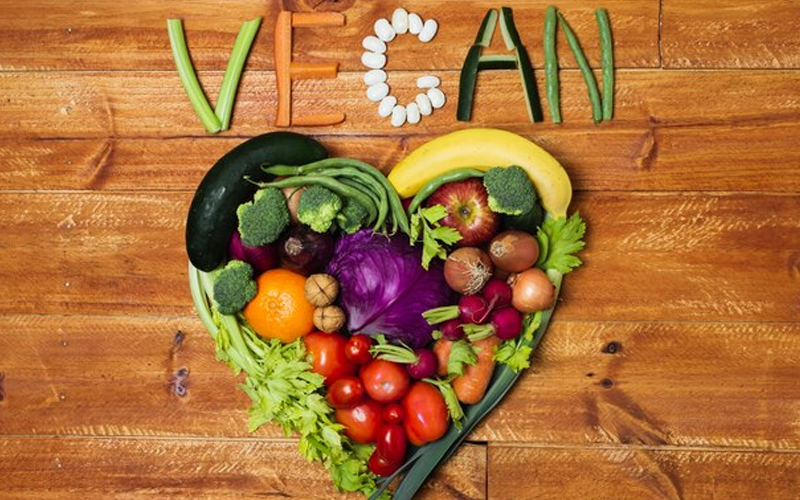
A high-quality vegan CoQ10 supplement typically contains coenzyme Q10 as its active ingredient, often sourced from fermented plant sugars. The fermentation process allows for the creation of CoQ10 in a form that is identical to the naturally occurring compound in the human body, ensuring optimal absorption and efficacy.
In addition to CoQ10, these supplements may include a variety of other ingredients to enhance their health benefits and ensure stability. Common additions include plant-based fillers and stabilizers, which help maintain the quality and shelf-life of the supplement. These might be natural substances like rice flour, silica, or vegetable cellulose, used to hold the capsule together or to prevent clumping of the active ingredients.
Some vegan CoQ10 supplements also come fortified with additional vitamins and minerals to provide a more comprehensive nutritional profile. For instance, vitamins like E and C may be added for their synergistic antioxidant effects, while minerals like magnesium can be included to support energy metabolism. These additions are designed to complement the action of CoQ10, offering a more holistic approach to supplementation.
What is vegan CoQ10 made of?
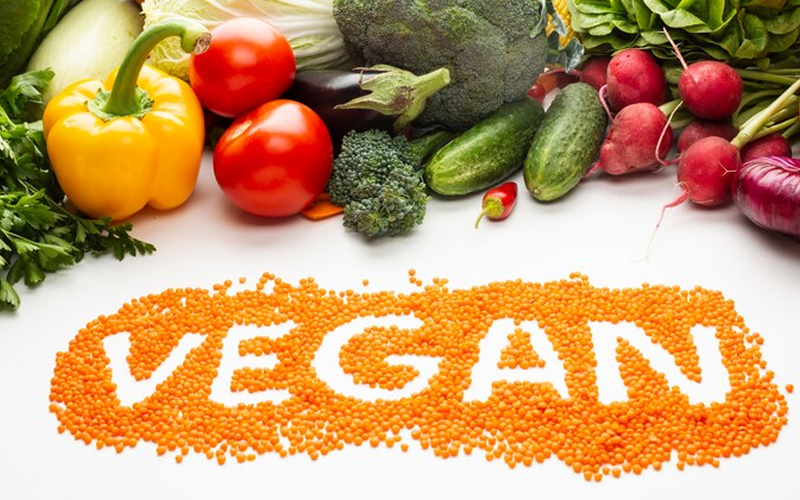
Vegan CoQ10 is primarily produced through the fermentation of specific strains of bacteria or yeast. These microorganisms are cultured in a controlled environment, using a plant-based medium that is free from animal derivatives. The fermentation process allows these microorganisms to produce CoQ10 naturally, which is then harvested and purified for use in supplements.
The choice of fermentation as a production method is crucial for ensuring the vegan status of the supplement. It allows manufacturers to avoid the use of animal-derived ingredients entirely, ensuring that the final product is suitable for consumption by vegans. Furthermore, the CoQ10 produced through this method is chemically identical to the CoQ10 that is naturally produced within the human body, ensuring high bioavailability and effectiveness.
Vegan Vs Non-Vegan CoQ10 Difference
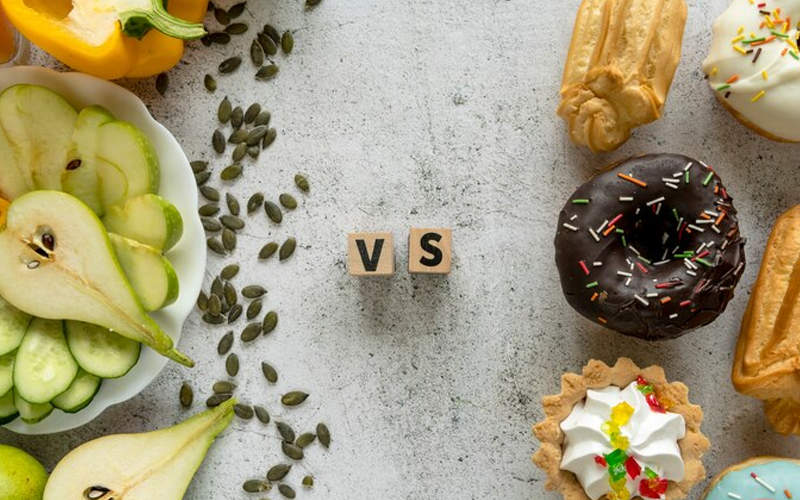
When discussing Coenzyme Q10 (CoQ10) supplements, the primary distinction between vegan and non-vegan varieties lies in their source and composition. Vegan CoQ10 is typically obtained through a process known as microbial fermentation. This process involves the use of specific bacteria or yeast strains that are capable of producing CoQ10 naturally. The medium used for this fermentation process is plant-based, ensuring that the final product is free from animal derivatives and aligns with vegan dietary practices.
In contrast, non-vegan CoQ10 supplements are often derived from animal sources. This can include extraction from organs such as the heart, liver, or kidneys of animals, primarily cattle or pigs. Such sources are rich in CoQ10 but pose ethical, dietary, and purity concerns for vegans and some other consumers. Furthermore, non-vegan CoQ10 may contain other animal by-products in the production process, which is not suitable for individuals adhering to a strict vegan lifestyle.
The difference in source also impacts the supplement's purity and ethical considerations. Vegan CoQ10 offers a cruelty-free alternative that is in line with the ethical and environmental values of many consumers, especially those following a plant-based diet.
Vegan CoQ10 Supplement Benefits
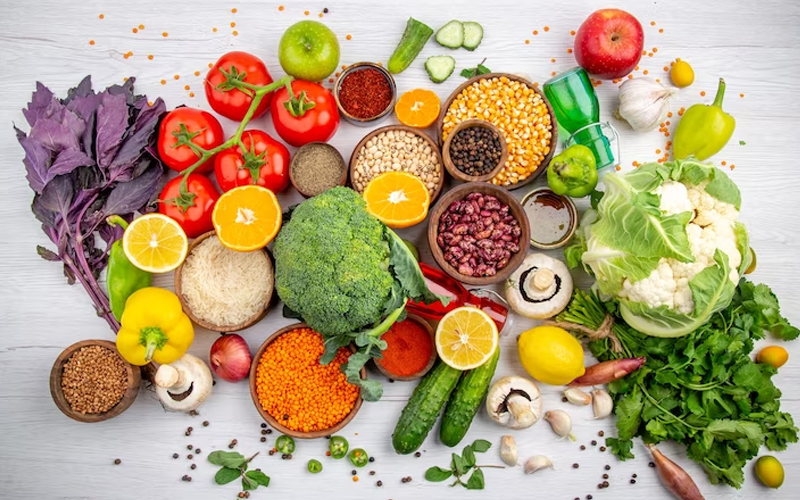
Vegan CoQ10 supplements offer a range of health benefits, making them an essential addition to a plant-based diet. These benefits include:
- Enhanced Energy Production: CoQ10 plays a pivotal role in the mitochondrial electron transport chain, which is crucial for the production of ATP, the energy currency of the cell. This is especially important for vegans, who might need additional sources of energy due to dietary restrictions.
- Improved Heart Health: CoQ10 has been shown to support heart health. It is beneficial in conditions like heart failure and may help reduce blood pressure, making it crucial for overall cardiovascular wellness.
- Antioxidant Properties: As a powerful antioxidant, CoQ10 helps neutralize free radicals, which can cause cellular damage and lead to various chronic diseases. This antioxidant effect is vital in combating oxidative stress and maintaining cellular integrity.
These benefits are particularly important for vegans, who might not get sufficient quantities of CoQ10 from their diet alone, making supplementation a practical way to ensure they meet their nutritional needs.
Best Source of Coenzyme Q10 for Vegans

For vegans, the best source of CoQ10 is a high-quality, well-formulated supplement. This is because, while CoQ10 is present in some plant-based foods, the concentrations are generally low and may not provide enough of this essential nutrient to meet daily requirements, especially for those with higher needs or restrictive diets.
When selecting a vegan CoQ10 supplement, it's essential to look for products that promise purity and potency. This means checking for supplements that have undergone rigorous testing and quality assurance processes. Labels that indicate third-party testing or certifications can be a good indicator of a supplement's quality.
CoQ10 on a Plant-Based Diet
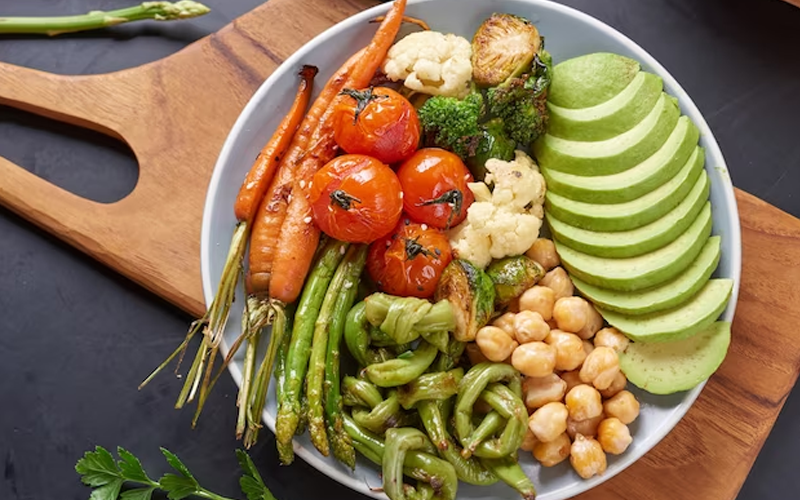
Incorporating CoQ10 into a plant-based diet primarily involves supplementation, as the amount of CoQ10 available in plant-based foods is typically insufficient for daily needs. Foods like spinach, cauliflower, and legumes do contain small amounts of CoQ10, but these levels are not high enough to solely rely on for meeting the body's requirements.
Taking a high-quality vegan CoQ10 supplement ensures that individuals following a plant-based diet receive adequate amounts of this critical nutrient. It is a straightforward way to complement dietary intake and support overall health, especially considering the role of CoQ10 in energy production, heart health, and as an antioxidant.
Conclusion
Navigating the landscape of dietary supplements, especially on a plant-based diet, requires careful consideration and knowledge. Vegan CoQ10 supplements present a viable and effective solution for those seeking the health benefits of CoQ10 without compromising their vegan lifestyle. By choosing high-quality vegan supplements, individuals can support their body’s energy production, protect against oxidative stress, and promote overall well-being. As the interest in plant-based living continues to grow, understanding and utilizing vegan CoQ10 supplements can play a pivotal role in maintaining a balanced, healthful diet, ensuring that vegans receive the essential nutrients their bodies need.
Frequently Asked Questions – FAQs
A CoQ10 supplement is considered vegan if it contains CoQ10 derived from microbial fermentation, using plant-based media, and does not include any animal-derived ingredients in its formulation. This ensures that the supplement is suitable for individuals following a strict vegan lifestyle.
Yes, some vegan CoQ10 supplements may include additional ingredients like antioxidants (such as vitamins C and E), plant-based fillers, and stabilizers. These can enhance the supplement's health benefits, improve stability, and aid in absorption.
Vegan CoQ10 is sourced from microbial fermentation, typically using bacteria or yeast, whereas non-vegan CoQ10 is often extracted from animal organs like the heart or liver. The vegan process ensures no animal-derived products are used, aligning with vegan dietary principles.
Vegan CoQ10 supplements offer several health benefits, including aiding in energy production, supporting heart health, and providing antioxidant properties that protect cells from oxidative stress and damage.
For most vegans, dietary intake of CoQ10 might be insufficient as plant-based sources contain lower amounts of this nutrient. Therefore, supplementation with a vegan CoQ10 supplement is recommended to ensure adequate intake and support overall health.
